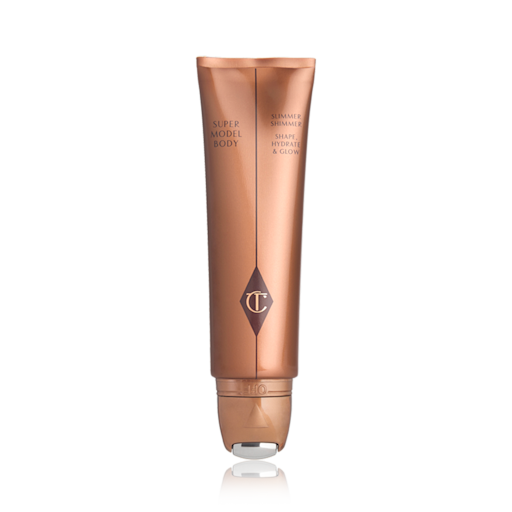The nervous system and relaxation
Our autonomic nervous system is key to managing stress and relaxation. It includes the sympathetic and parasympathetic nervous systems, which work together to maintain balance. The sympathetic nervous system triggers the "fight or flight" response during stressful situations, increasing heart rate and adrenaline levels. Conversely, the parasympathetic nervous system promotes the "rest and digest" response, calming the body and conserving energy. Relaxation techniques such as deep breathing, meditation, yoga, among other activities may activate the parasympathetic nervous system, reducing stress hormones and inducing a state of calm. The goal of relaxation is to shift our bodies into a parasympathetic state, allowing us to reap the health benefits and truly unwind.
Health benefits of relaxation
Among other benefits, relaxation can improve overall physical health by enhancing cardiovascular function and boosting the immune system. According to a study, individuals who practiced relaxation exercises such as yoga or Tai Chi experienced improvements in heart rate variability, indicating better autonomic regulation and cardiovascular health. Another study highlighted that regular relaxation practices can enhance immune function, making the body more resilient to illnesses. These findings underscore the importance of incorporating relaxation into daily routines to promote holistic health and wellbeing.
Shift into relaxation mode consciously
Research shows that relaxation techniques offer significant mental and physical health benefits. For instance, a study found that mindfulness meditation lowers stress and anxiety by reducing cortisol levels. Similarly, deep breathing and progressive muscle relaxation have been proven to alleviate symptoms of stress by inducing a calm state and lowering physiological arousal.



































































































































































